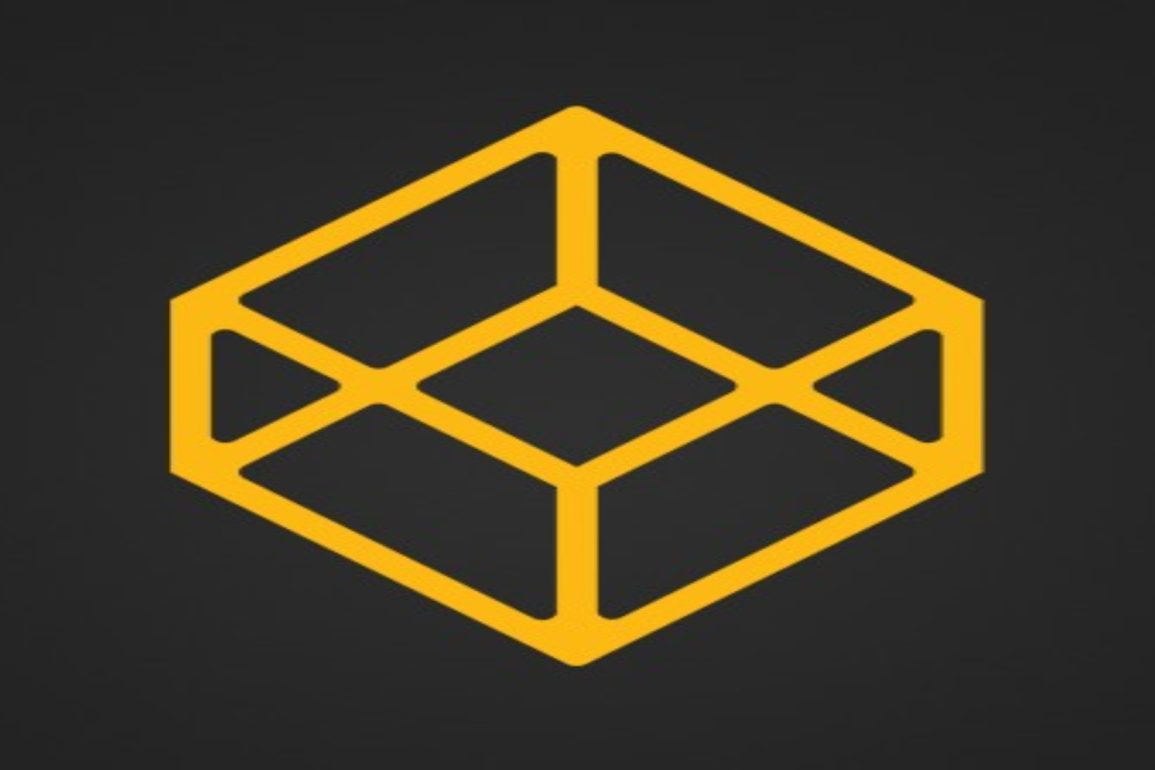- Summary:
- INFRA token will power activities in the Blast ecosystem, enabling staking and yield earnings. Seven exchanges will support the launch.
Bware Labs has announced the public launch of their INFRA coin, which will form the foundation of the staking and delegation system employed by the Blast Protocol. The launch will see the token available on KuCoin, Gate.io, Bitmart, MEXC, Uniswap, Trader Joe’s, and xExchange from May 30, 2023 at 10:00AM UTC.
According to the Protocol, launching INFRA is a further demonstration of its commitment to fulfilling its vision of becoming the go-to destination for high-performing infrastructure services and developer tools that aid blockchain builders at every stage of their Web3 journey. For the community, this marks a significant milestone and opens up opportunities for growth.
INFRA token and its role in the Web3 ecosystem
The INFRA token is a utility token developed by the Blast Protocol to decentralise access to the blockchain for the general public. The token is the engine that propels the Bware Labs ecosystem forward. It will power the expansion and development of Blast API as a whole and allow for its complete transition to a permissionless and decentralised platform.
All of the $INFRA tokens will first be issued on Ethereum, with a portion of those tokens later being transferred to the Avalanche Chain via the Avalanche Bridge. To realise its goals of decentralisation and permissionlessness, Blast Protocol allows registration from any blockchain node that can meet certain criteria for quality.
INFRA, the utility token used in Blast’s staking and delegation mechanism, is crucial to Bware Labs’ plan to make infrastructure resources accessible to everyone through a decentralised network. Members of the Bware Labs community can stake INFRA, become node operators, or use delegations to participate in the growth, distribution of rewards, and strategic direction of the network. The Blast protocol enables anyone to contribute to the maintenance of a high-quality Web3 environment by means of a yield-oriented delegation mechanism.


